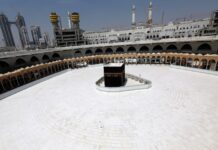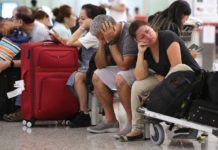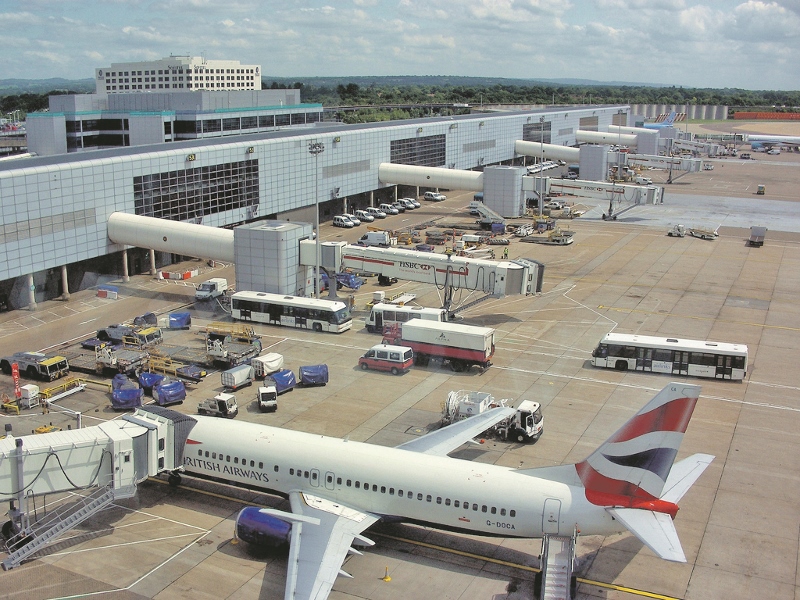
Passengers travelling to the US on flights from eight different countries will be banned from carrying laptops, iPads, cameras and most other electronics in their carry-on luggage. The reason for the ban is not immediately clear.
The ban was revealed on Monday and will effect nine airlines travelling non-stop to the US from ten international airports serving the cities of Cairo in Egypt; Amman in Jordan; Kuwait City in Kuwait; Casablanca in Morocco; Doha in Qatar; Riyadh and Jeddah in Saudi Arabia; Istanbul in Turkey; and Abu Dhabi and Dubai in the United Arab Emirates.
The ban includes devices bigger than a mobile phone or smartphone from cabins, with no end date for the ban announced.
Medical devices are excluded from the ban, everything else would need to be packed in checked luggage.
A US government official said such a ban has been considered for several weeks.
Homeland Security Secretary John Kelly phoned politicians over the weekend to brief them on aviation security issues that have prompted the impending electronics ban, according to a congressional aide.
The ban begins just before a meeting of the US-led coalition against the Islamic State group in Washington on Wednesday 2nd March. A number of top Arab officials are expected to attend the State Department gathering.

Brian Jenkins, an aviation security expert at US-based think tank Rand Corporation, says the nature of the security measure suggests it is driven by intelligence of a possible attack. He says there could be concern about inadequate passenger screening or even conspiracies involving insiders, airport or airline employees, in some countries.
Jeffrey Price at the Metropolitan State University of Denver, Colorado, says there are disadvantages to having everyone put their electronics in checked baggage. Thefts from baggage will skyrocket, as when the UK tried a similar ban in 2006, he says, and it is easier to detect battery fires in the cabin than in the cargo hold.
Most major airports in the US have a computer tomography (CT) scanner for checked baggage, which creates a detailed picture of a bag’s contents. They can warn an operator of potentially dangerous material, and may provide better security than the X-ray machines used to screen passengers and their carry-on bags. All checked baggage will be screened for explosives.
The nine airlines affected
Emirates
Etihad Airways
Turkish Airlines
Saudi Arabian Airlines
Kuwait Airways
Royal Jordanian
Egypt Air
Royal Air Maroc
Qatar Airways














